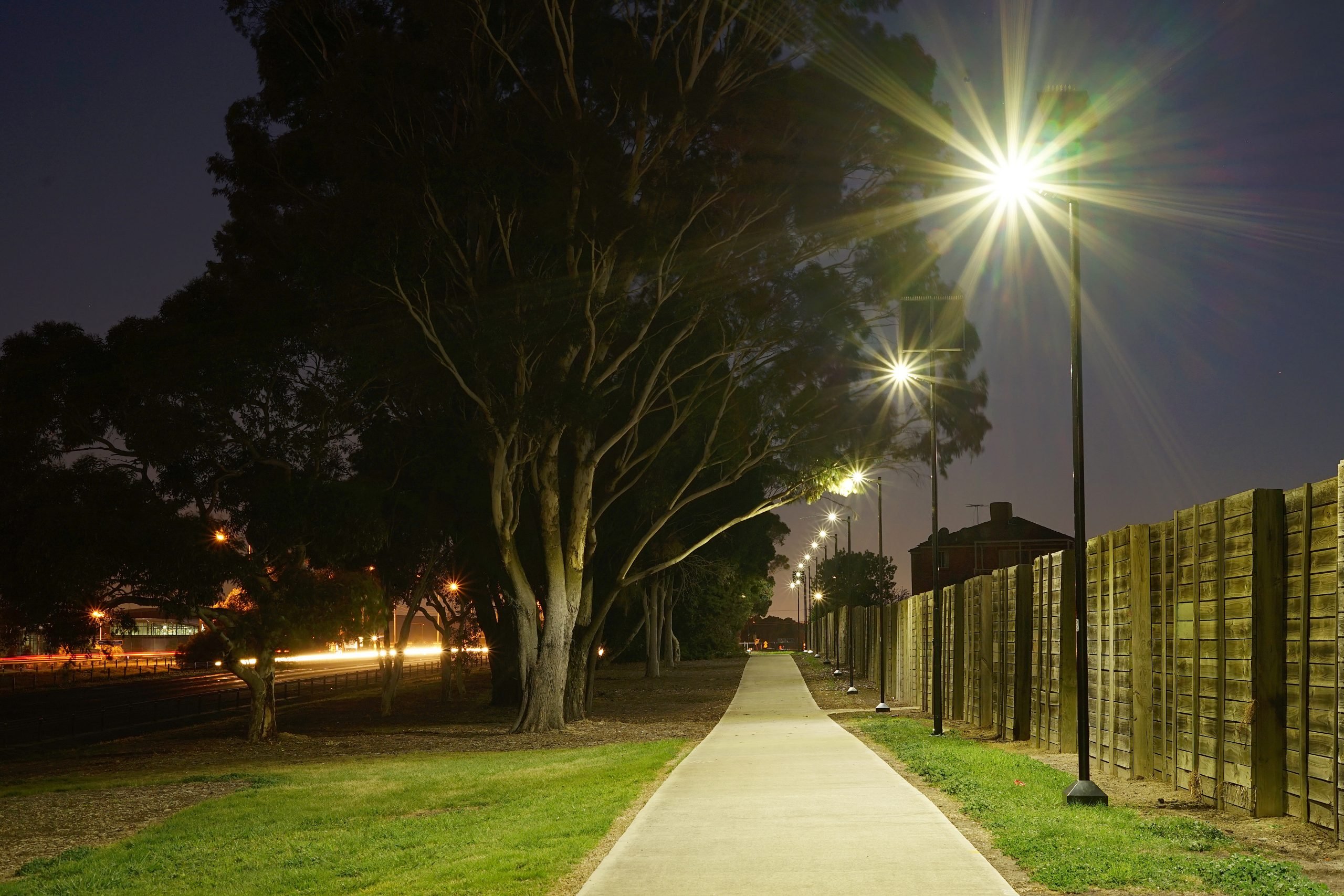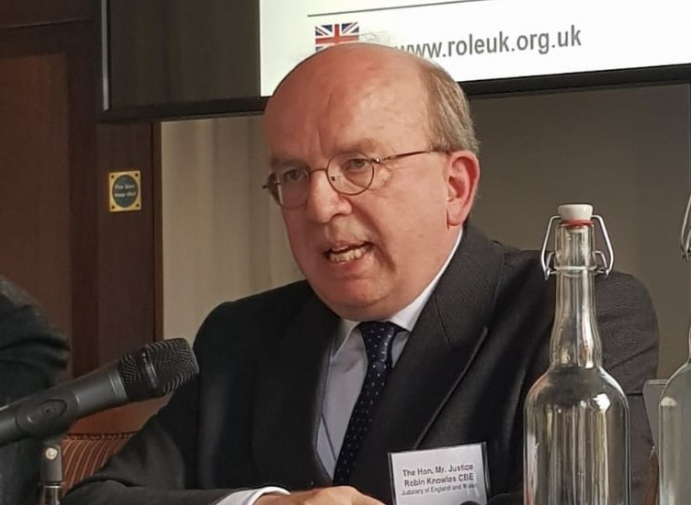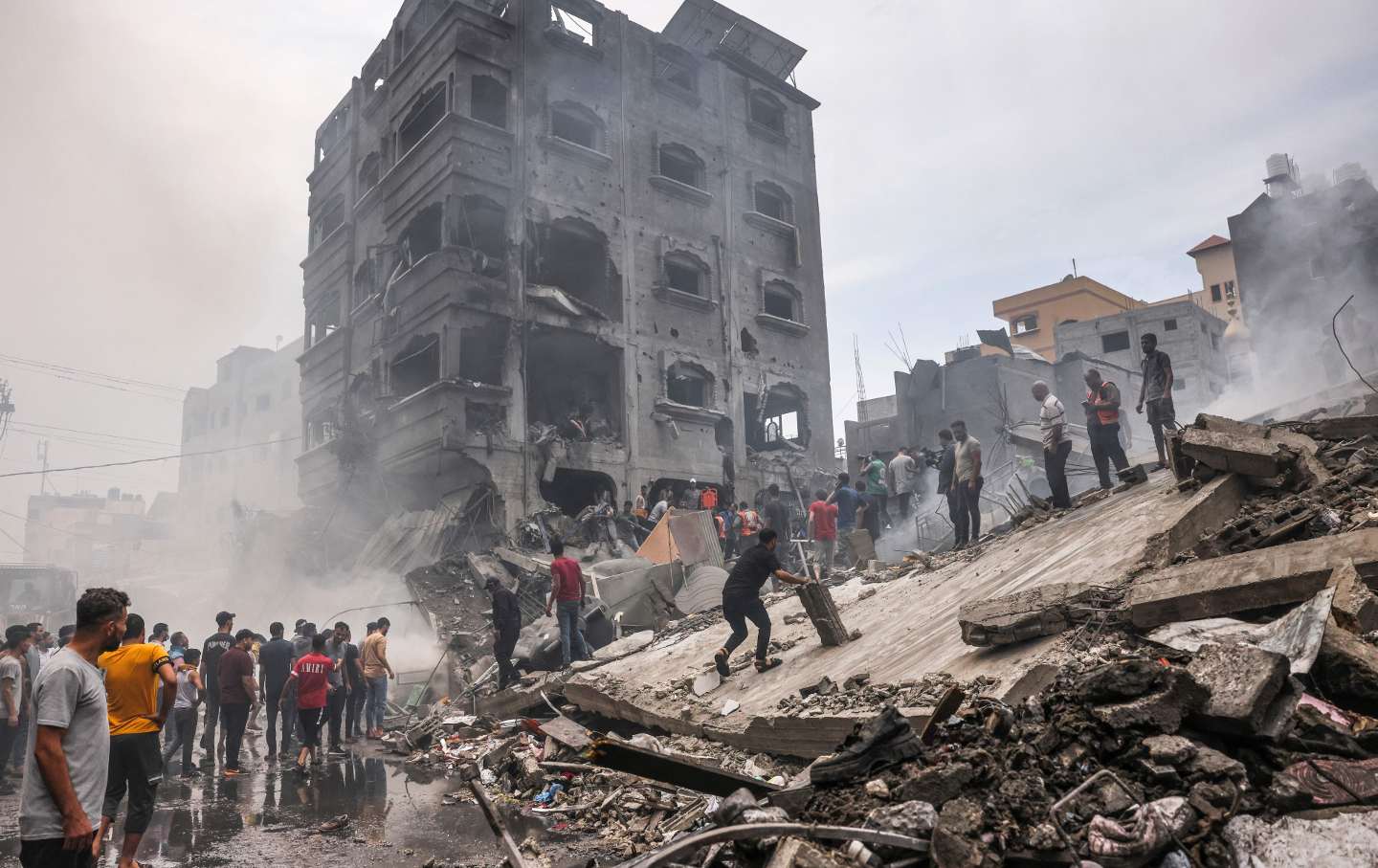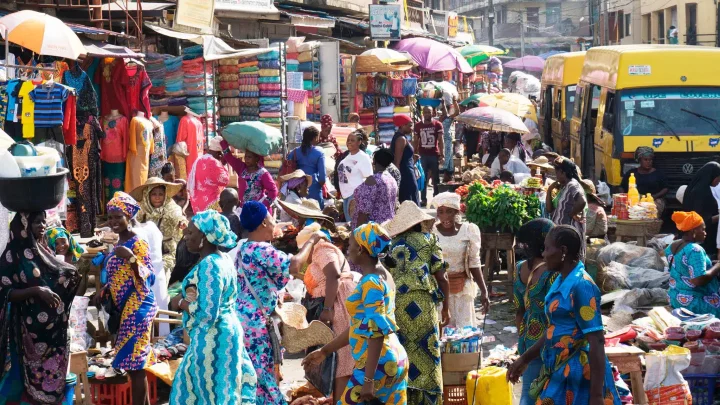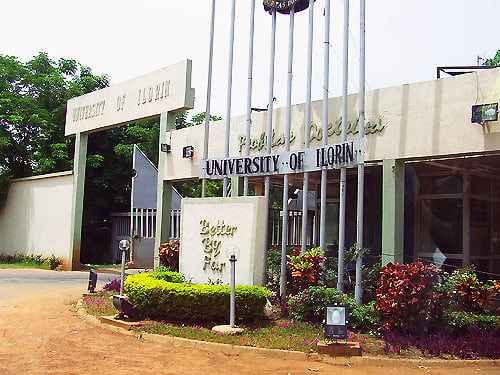In a groundbreaking initiative, the Niger Delta Development Commission (NDDC) has lit up the nights across the nine states of the Niger Delta, casting a radiant glow of change on communities previously shrouded in darkness. The heart of this transformation lies in solar-powered street lights, a beacon of progress that is revolutionizing the way people live and work, with ripple effects that extend far beyond the streets they illuminate.
The bustling city of Port Harcourt, the capital of Rivers State, has witnessed a remarkable metamorphosis. Once deserted and foreboding after sundown, its streets now pulse with life, thanks to the installation of solar-powered lamps.
Vincent Maduka, a shop owner in the Trans Amadi Industrial Area, recounts the palpable shift: “Now I can walk home after work rather than hop into a cab. I am no longer scared about the dark route that Ordinance road used to be. In fact, I have extended shop hours, exceeding my profit margin by more than 40%.”
Chukwuma, who owns a popular supermarket on Iwowari Street, echoes this sentiment, noting that the extended hours of illumination have redefined business dynamics. “Thanks to the solar street lights, people are out at night these days, and the streets are busier,” he affirms. The solar-powered radiance has not only dispelled the shadows but has also catalyzed economic growth, empowering local businesses and enhancing the overall quality of life.
The NDDC’s solar street lighting program is a response to the prevailing challenges faced by communities with limited access to the main electrical grid. Existing government-installed streetlights are often dysfunctional due to system failures, power shortages, and the exorbitant cost of diesel for generators. Launched recently, the program aims to deploy tens of thousands of solar-powered street lights, transcending the boundaries of Port Harcourt to illuminate cities, towns, and villages across the Niger Delta.
Advertisement
The impact of the initiative extends beyond mere illumination; it addresses a fundamental issue plaguing more than 70 million people in the Niger Delta – the lack of dependable power supply. Solar-powered streetlights, with their low operational costs and straightforward installation, have emerged as a beacon of hope for communities grappling with power outages and unreliable electricity from the national grid.
Jonathan Lokpobiri, head of the Ijaw Youth Council, emphasizes the popularity of solar streetlights in areas that previously lacked any form of street lighting. He notes, “People are now going out after dark because they feel safer.” The lights not only enhance security but also contribute to a sense of community and social cohesion.
In rural communities where electricity is a luxury, the solar lights become an invaluable asset during power outages. Tammy Dagogo, who runs a barbing salon off Peter Odili road, attests, “Now, even during outages, the solar lights keep the area lit.” This reliability fosters a newfound sense of security, enabling mothers like Belema Dappa to permit their children to play outside, even after dusk.
Advertisement
As the success of the solar streetlight initiative becomes apparent, the demand for solar equipment to illuminate homes is growing. The villagers believe this could particularly benefit needy families who often resort to keeping lights off to save money. While the prospect of government-supported housetop solar collectors remains uncertain, the Niger Delta is reveling in the transformative power of light.
George, CEO of Enterprise Delta, captures the essence of this transformation, writing from Port Harcourt,
Views expressed by contributors are strictly personal and not of TheCable.
Add a comment

